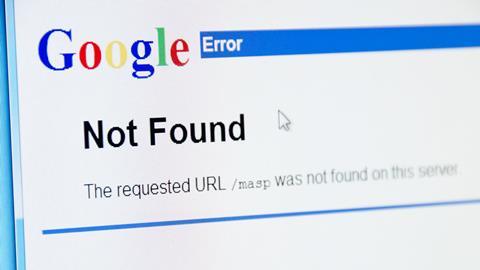An influential group of judges and academics has urged the government to consider those unable to access the internet when it comes to setting up the online court.
Responding to the Ministry of Justice consultation on transforming justice, the Civil Justice Council said it will be important to test and pilot any IT systems that will facilitate online court processes.
Ministers propose to create a three-stage justice process, involving online triage, guidance from a case worker and finally a judgment if either party is still not prepared to settle their dispute.
The CJC said the government’s own estimate that 18% of the population is ‘digitally excluded’ – those who cannot or choose not to access IT facilities – may be too low when applied to court users, many of whom may be on low incomes or for whom English is not their first language.
‘Inevitably face-to-face assistance will be needed either for particular groups in the population or for particular types of case – for example housing repossession claims,’ said the CJC.
‘The general approach should perhaps be to see the channels as options – with web chat or online advice for the most confident and comfortable, through face-to-face [help] for those who really need it.’
The council said the development of the online court had the potential to make a significant contribution to the justice system, but it was a huge undertaking that had to be managed in stages.
It would also require greater public legal education, more availability of legal advice, better publicly funded legal assistance and consideration of the impact of court fees.
The CJC added that it should be made clear that the service itself is not there to provide legal advice, and users must not assume that it is.
‘It will, however, be able to signpost people to and integrate with the provision of legal advice. This needs to be an integral part of the design of all the services.’




























3 Readers' comments